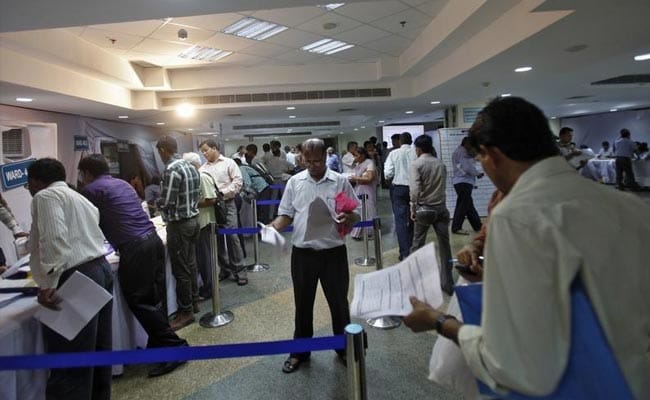Leave encashment refers to an amount of money received in exchange for a period of leave not availed by an employee. Encashment of accumulated leave can be availed by an employee at the time of retirement, during the continuation of service or at the time of leaving the job. The leave encashment policy varies from employer to employer. Some employers pay for the unavailed leaves in the next calendar year. Some let the employees carry forward the balance leaves in a year to the next year. And the employer pays for the unavailed leaves at the time of leaving the job. Income tax treatment of the amount received towards leave encashment depends on type of employment - private or government - and time of - in service or at the time of retirement.
Here are 10 things to know about income tax implications of leave encashment:
- 1>Proceeds received towards leave encashment are taxable if received while in service.
- 2>Whether you are employed in the government or private sector, the amount received on account of leave encashment is fully taxable in your hands, if you leave a job due to resignation or termination.
- 3>Under income tax laws, the amount received towards leave encashment is treated as income from salary and taxed accordingly at the respective tax slab rate applicable to the employee.
- 4>For government (central and state) employees, the amount received towards leave encashment at the time of retirement is exempt from tax.
- 5> For non-government employees, the amount exempted on retirement is least of the following: a) actual leave encashment amount b) 10 months' average salary (basic salary, dearness allowance and commission based on fixed percentage of turnover achieved by the employee average salary drawn in past ten months immediately before retirement) c) Cash equivalent of unutilised earned leaves (leave earned cannot exceed 30 days for each year of service rendered to the employer) d) Rs. 3 lakh - the maximum amount specified by the government.
- 6>For example, suppose you actually earn Rs. 5 lakh at retirement towards leave encashment. Your average salary (basic + DA + commission) immediately preceding retirement was Rs. 40,000 a month or total Rs. 4 lakh in 10 months. In this case, the maximum exemption you will get is Rs. 3 lakh (statutory limit). So Rs. 2 lakh (Rs. 5 lakh - Rs. 3 lakh) will be get added to your income and accordingly taxed.
- 7>Leave encashment paid to the legal heirs of a deceased employee is not taxable.
- 8>Suppose an employee has received leave encashment in any one or more financial years and had previously availed any exemption in respect of the same. In such a case, the limit of Rs. 3 lakh will be reduced by the amount of exemption availed earlier.
- 9>"Employees can take exemption for the amount received by them even on retirement or resignation for encashment of their leaves. However, this is to be taken care of that if any exemption has been availed on earlier occasion. The amount of the exemption to be availed will be reduced by that amount," said Sandeep Sehgal, director of tax and regulatory at Ashok Maheshwary & Associates LLP.
- 10>According to a ruling of the Bombay High Court, leave encashment received on resignation too would be exempt from tax subject to the specified limits.


No comments:
Post a Comment